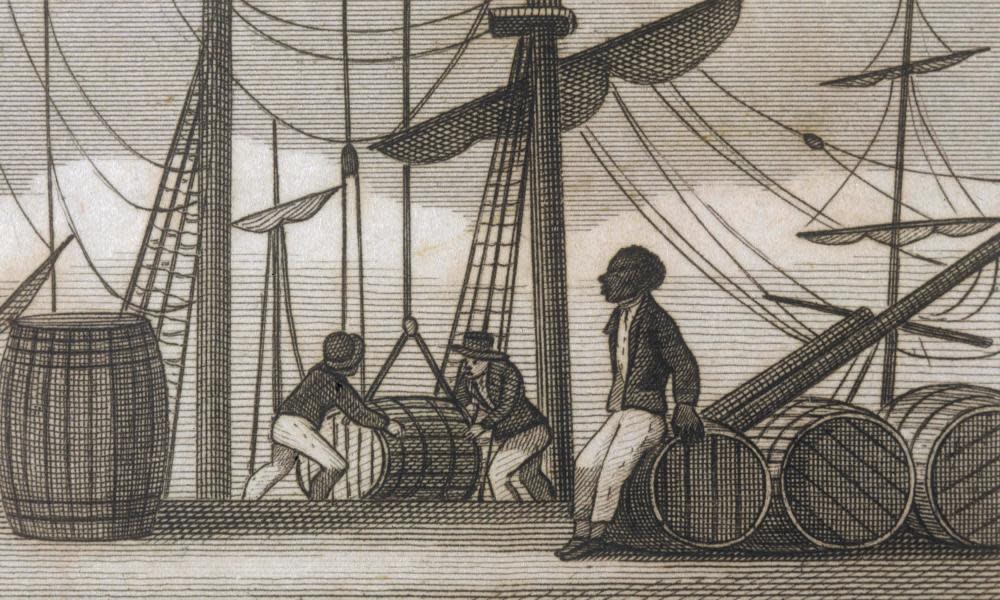Opportunities to learn about BAME history

We read your article (‘Tone-deaf’ ministers reject BAME review of English curriculum, 30 July) with interest. We all have a part to play in broadening the history young people study. But people may be surprised to learn that the long history of migration to Britain already exists as an option for GCSE students.
We championed it as a new topic when GCSEs were reformed. We worked with organisations like the Black and Asian Studies Association and the Runnymede Trust to enable students to learn more about how the movement of people to and from Britain has shaped our nation. We also introduced a new topic on pre-colonial African kingdoms.
We’re proud of the opportunities we’ve made available to history teachers and students to learn about our heritage and our world. We’ve worked hard to supply history GCSEs and A-levels that meet Black Curriculum’s Lavinya Stennett’s view of what’s needed. We’re also patient. It takes time for teachers to deliver new topics, and they need the right resources, but we’re encouraged by their feedback.
Jill Duffy
Chief executive, OCR (Oxford, Cambridge and RSA Examinations)
• The inclusion of Black Lives Matter elements in the current national curriculum only goes so far. A reappraisal needs to give students opportunities to explore and express their personal interests and concerns.
As an inspector long before Messrs Gove and Gibb, I remember asking a 15-year-old to tell me what she’d be doing in the lesson. She replied: “We have been asked to choose a paragraph from Roll of Thunder, Hear my Cry to read aloud to the class and say why I chose it.” She then said to me: “Until I read this book, I’d never realised that people did these things to each other.” Michael Gove cut American and African literature from the English curriculum.
I also vividly remember inspecting a history class in which a 13-year-old girl asked if the GCSE exam special subjects list would include black history “because my ancestors were slaves”. The answer that it was not on the list prompted her to say: “Then I’m not going to do history.”
Until we have governments prepared to listen to young people and recognise the contribution of professional research and experience in advising them on curriculum and accreditation, students will be deprived of vital elements in their education.
Simon Clements
Former inspector of schools, Sheffield

 Yahoo News
Yahoo News 
